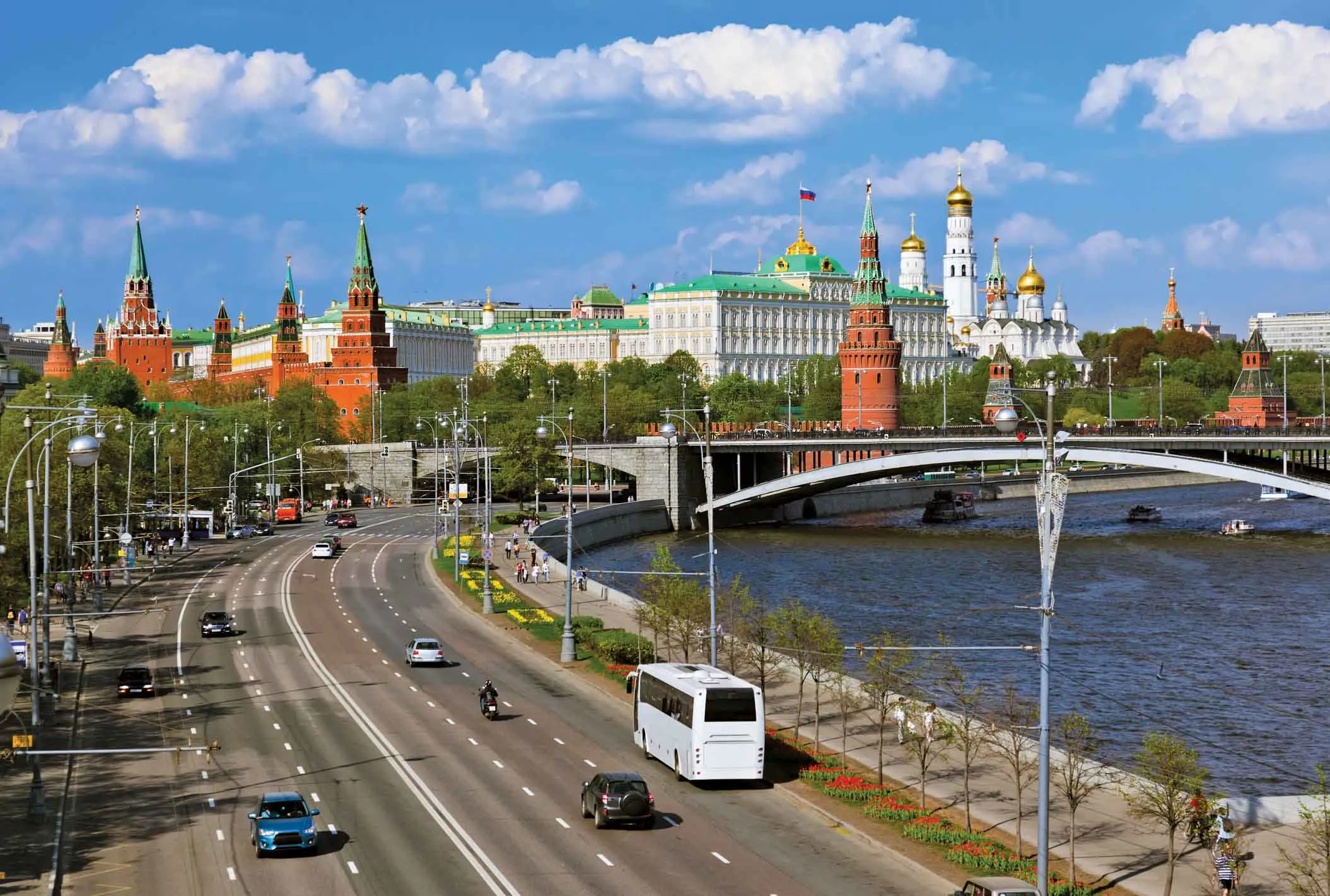Brazilian conglomerate Odebrecht plans to invest around US$1.5 billion in Peru this year, the company’s head of operations for Peru said.
Ricardo Boleira, said has 15 contracts for 2015 and the total value of its operations in the country stands at $13.7 billion. Around $2 billion has been invested in roads, with upwards of $500 million in irrigation projects and $900 million for energy contracts.
Odebrecht is a family-owned business started in 1944 and operates in construction, petrochemicals, transp
April 27, 2015
Read time: 2 mins
Brazilian conglomerate 1305 Odebrecht plans to invest around US$1.5 billion in Peru this year, the company’s head of operations for Peru said.
Ricardo Boleira, said has 15 contracts for 2015 and the total value of its operations in the country stands at $13.7 billion. Around $2 billion has been invested in roads, with upwards of $500 million in irrigation projects and $900 million for energy contracts.
Odebrecht is a family-owned business started in 1944 and operates in construction, petrochemicals, transportation, oil and gas sectors in 21 countries. The company invests heavily in management concession contracts for multi-use arenas, highways, light rail, basic sanitation systems, subways and airports.
The company's Peruvian road project with Obrainsa in Piura to conserve and maintain around 610km should be completed in 2015 and the Evitamiento road project in Cusco will open this month.
Works is starting this year on the Costa Verde-La Punta route in Callao and it should be finished next year. The 45km Matarani-Punta Bombon project should be finished in two years and the Matarani port project with private firm Tisur will be operational this year.
Ricardo Boleira, said has 15 contracts for 2015 and the total value of its operations in the country stands at $13.7 billion. Around $2 billion has been invested in roads, with upwards of $500 million in irrigation projects and $900 million for energy contracts.
Odebrecht is a family-owned business started in 1944 and operates in construction, petrochemicals, transportation, oil and gas sectors in 21 countries. The company invests heavily in management concession contracts for multi-use arenas, highways, light rail, basic sanitation systems, subways and airports.
The company's Peruvian road project with Obrainsa in Piura to conserve and maintain around 610km should be completed in 2015 and the Evitamiento road project in Cusco will open this month.
Works is starting this year on the Costa Verde-La Punta route in Callao and it should be finished next year. The 45km Matarani-Punta Bombon project should be finished in two years and the Matarani port project with private firm Tisur will be operational this year.








